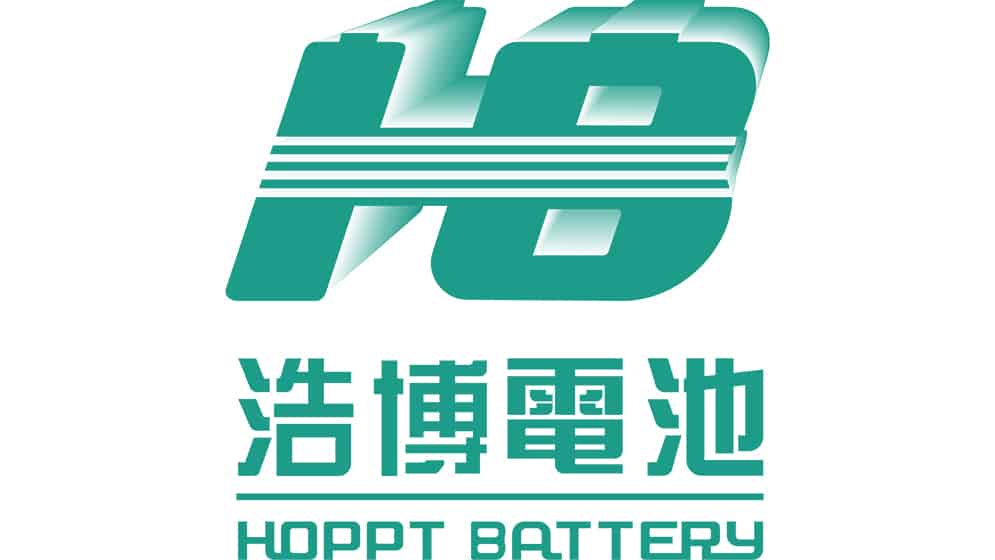- Curved Lithium Polymer battery
- Fast Charge Polymer Battery
- Flexible Polymer Lithium Battery
- Ultra-thin Polymer Battery
/ Blog / Battery Knowledge /
Lithium Battery Factory
08 Mar, 2022
By hoppt

What is Lithium?
Lithium is a chemical element that is used in all types of batteries, including both standard and rechargeable. The lithium-ion battery is the most popular type of battery in use today.
Manufacturing Lithium Ion Batteries
The first step in manufacturing a lithium ion battery is to create the anode, which is typically made from carbon. The anode material must be processed and purified to remove any nitrogen, which would result in the anode material overheating at high rates. The next step is creating the cathode and inserting it into the anode with a metal conductor. This metal conductor typically comes in either copper or aluminum wire.
Manufacturing lithium ion batteries can be dangerous process due to the use of chemicals like manganese dioxide (MnO2). Manganese dioxide releases toxic fumes when heated to high temperatures. While this chemical is needed for lithium ion batteries, it can't come into contact with air or moisture because it could release poisonous gas (remember how I mentioned that earlier?). To avoid this, manufacturers have their own strategies for handling these gases during production like covering electrodes with water vapor as protection against oxygen and hydrogen exposure.
Manufacturers will also put a separator between the two electrodes, which prevents short circuits by allowing ions to pass through but blocking electrons from doing so.
Another important part of manufacturing lithium ion batteries is adding a liquid electrolyte between the two electrodes. This liquid electrolyte helps conduct ions and allows electricity flow between both electrodes while preventing one electrode from touching the other, which would cause a short circuit or fire. Only once all these steps have been completed are we able to create our final product: a lithium ion battery.
Lithium Ion batteries power so many of the things we use every day. And with their increasing popularity, there are more and more factories producing battery materials and products. As with any industry, there are dangers to production and disposal. We hope this article was informative, and that you now have a better understanding of the Lithium battery industry.



